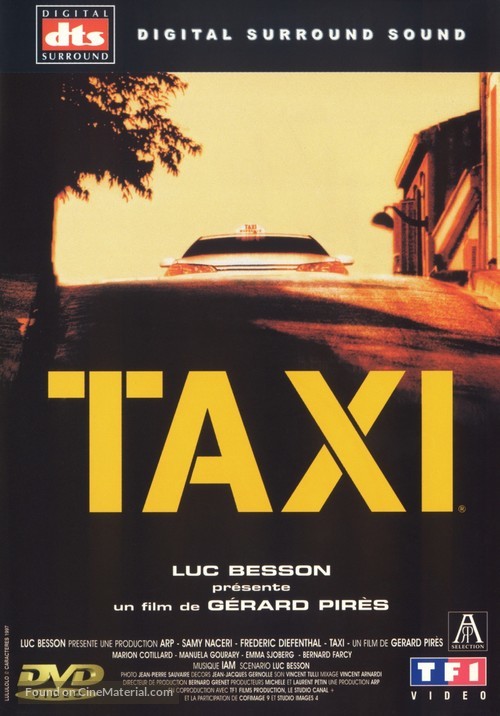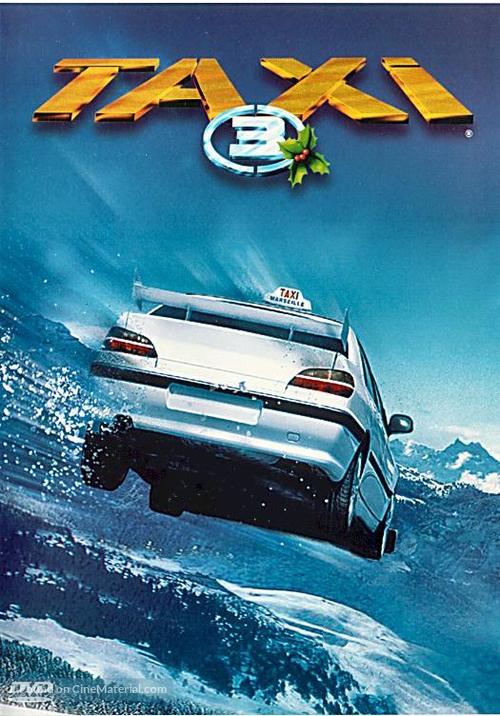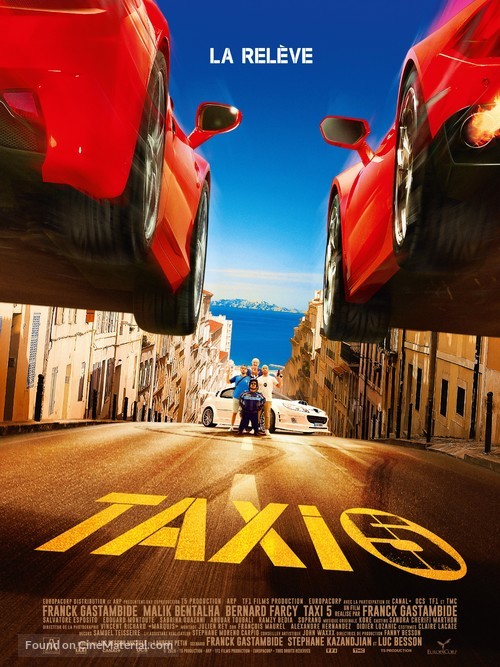So I have been kind of hooked into this scene for months, but feel like I am just beginning with it. I have seen at least one movie from each of the Cahiers du cinéma directors with the exception of Claude Charbol. The only Left Bank directors I have seen a movie of were the couple(Demy and Varda). I have yet to see ones like Band a Parte, Le Boucher, and also Paris Belongs to Us(I tried to watch it one day but got bored and gave up after an hour).
Let me list the current movies I have seen by director and their ratings:
Godard(RIP): Breathless, Contempt, A Woman Is A Woman, Alphaville , Weekend
Rohmer: Claires Knee, My Night At Mauds
Truffaut: 400 Blows bordering on , Jules & Jim, Stolen Kisses
Rivette: Celine and Julie Go Boating, Duelle, La Belle Noiseuse, Paris Belongs To Us , OUT1.
Varda: Cleo From 5 To 7 and One Sings the Other Doesn't
Demy: Umbrellas of Cherbourg bordering on and Young Girls of Rochefort, Lola , Bay of Angels
Louis Malle: Zazie dans le Metro
I feel like I have seen most of the essential ones by now, and feel interested in checking out more. The top 3 for now are:
1. Rivette - He blew me away with two movies that nobody has ever made before and since him. I love a critic(Johnathan Rosenbaum and Adrian Martin) who actually acknowledge this guy and his films. He is not for everybody as I am pretty sure some of those long scenes(ex. the reenactment scenes in Out 1) in those films could make somebody go to sleep.
2. Truffaut - He was more consistently good. The 400 Blows I loved for its more conventional plot when compared to most FNW movies as well as having a different type of protagonist. Jules and Jim had that love triangle plot as well as the shocking ending with the car driving over the bridge. Stolen Kisses was just a fun and innocent movie featuring the same protagonist from 400.
3. Godard - He was more consistently good. I feel bored watching him and amused at the same time as well. Even without subtitles, I could feel the pressure of Contempt through the usage of that one theme as well as the idea that this once happy couple's relationship has fallen apart throughout the production of the movie. Breathless I thought was pointless until I saw A Woman Is A Woman in which I finally recognized both of them for being very groovy as well as stylistic. He is the only director in which I saw 4 of their movies from start to finish. Hopefully I can do that with Rivette, Fassbinder, and Fellini.
What are your favorite movies of this movement?
Let me list the current movies I have seen by director and their ratings:
Godard(RIP): Breathless, Contempt, A Woman Is A Woman, Alphaville , Weekend
Rohmer: Claires Knee, My Night At Mauds
Truffaut: 400 Blows bordering on , Jules & Jim, Stolen Kisses
Rivette: Celine and Julie Go Boating, Duelle, La Belle Noiseuse, Paris Belongs To Us , OUT1.
Varda: Cleo From 5 To 7 and One Sings the Other Doesn't
Demy: Umbrellas of Cherbourg bordering on and Young Girls of Rochefort, Lola , Bay of Angels
Louis Malle: Zazie dans le Metro
I feel like I have seen most of the essential ones by now, and feel interested in checking out more. The top 3 for now are:
1. Rivette - He blew me away with two movies that nobody has ever made before and since him. I love a critic(Johnathan Rosenbaum and Adrian Martin) who actually acknowledge this guy and his films. He is not for everybody as I am pretty sure some of those long scenes(ex. the reenactment scenes in Out 1) in those films could make somebody go to sleep.
2. Truffaut - He was more consistently good. The 400 Blows I loved for its more conventional plot when compared to most FNW movies as well as having a different type of protagonist. Jules and Jim had that love triangle plot as well as the shocking ending with the car driving over the bridge. Stolen Kisses was just a fun and innocent movie featuring the same protagonist from 400.
3. Godard - He was more consistently good. I feel bored watching him and amused at the same time as well. Even without subtitles, I could feel the pressure of Contempt through the usage of that one theme as well as the idea that this once happy couple's relationship has fallen apart throughout the production of the movie. Breathless I thought was pointless until I saw A Woman Is A Woman in which I finally recognized both of them for being very groovy as well as stylistic. He is the only director in which I saw 4 of their movies from start to finish. Hopefully I can do that with Rivette, Fassbinder, and Fellini.
What are your favorite movies of this movement?
Last edited by SuperMetro; 07-09-23 at 08:58 PM.
 my favorite french movies would be taxi movie trilogy
my favorite french movies would be taxi movie trilogy


